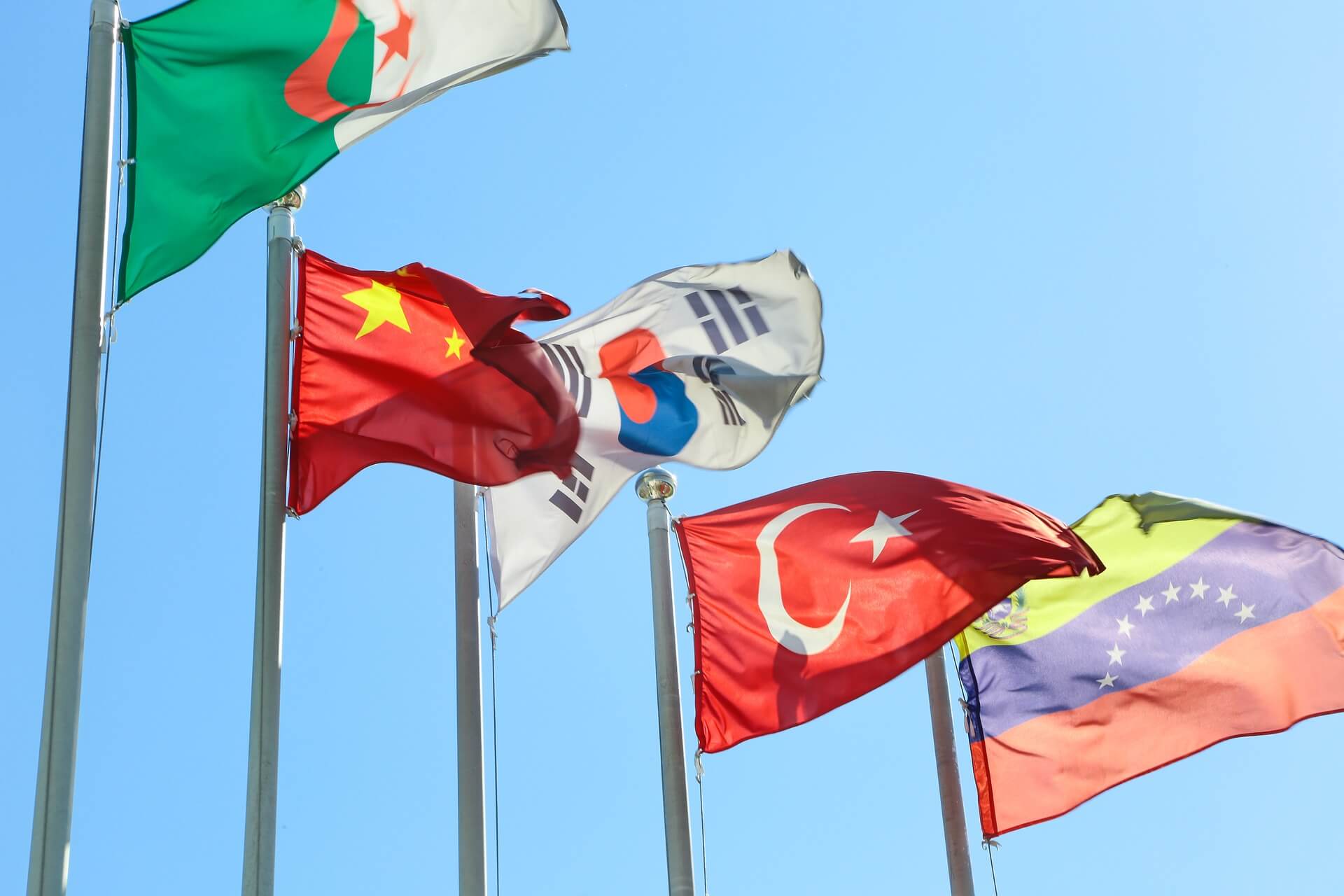As the Middle East plunges into further chaos and tensions with Russia continue to escalate, Turkey is looking to the East to reduce its reliance on NATO. In an effort to revitalize the ancient Silk Road under the Belt and Road initiative, China has laid out a plan for closer ties with countries along the ancient trade route such as Turkey. Both nations see a potential symbiotic relationship emerging through closer ties.
The New Silk Road
Turkey’s transition towards the East is driven by economics, military needs, and changes in global dynamics. Due to difficulties with the stalled EU membership talks and new international trade agreements such as the Trans-Pacific Partnership, which gives South East Asian nations such as Malaysia and Vietnam an edge in global trade, Turkey is looking for any means to establish stronger ties with any nation that can provide it opportunities for economic growth. The Belt and Road Initiative is what Turkey has been seeking.
Turkey has set its sights on wanting to become a weapons exporting nation mainly with a focus on missiles. It has also grown weary of relying on NATO’s occasional deployment of the Patriot missile defense system. Turkey’s military has stated that the 570 miles southern border cannot be protected solely by Patriot missiles. Turkey’s deputy defense secretary recently stated that Turkey cannot rely on the air force to patrol the country’s long borders either. With the situation further deteriorating in Syria and Iraq, the potential for a spillover into Turkey becomes more realistic with each passing day. The current supply of NATO’s Patriot missile system can only protect three Turkish cities and even that is uncertain as NATO has begun to withdraw some of the missiles after the Russian jet incident. Turkey has complained about the fickleness of NATO’s missile defense deployment. As a result, the Turks have begun to look to the Chinese for help.
Concerns
Turkey signed a large contract, worth almost 3.5 billion USD, to help develop its missile defense industry. The deal would have increased Turkey’s firepower capacity as well give it the coveted missile exporting capability it has been seeking. But the deal was scrapped after red flags were raised by other NATO members. NATO was fearful that their military secrets could be divulged to a state-backed Chinese company. Turkey has been placating China ever since due to the wound created by the reneging of the missile deal. Despite this setback, Turkey has been working on other military deals with China to help reduce its reliance on NATO.
Turkey has long styled itself the leader and champion of Turkic people around the world. Past relations with China have been marred by Turkey’s vehement defense and condemnation of China’s policy towards the Uighurs, a Turkic people, in Xinjiang province. Despite the initial harsh rhetoric, Turkey has been mollifying its stance towards Chinese actions against the Uighurs as it begins to mend and build its relationship with Beijing.
The recent downing of a Russian jet has created a sore spot for Turkey and China. China and Russia have increased economic and military ties in the recent decade as a way to balance Western military expansion. As Chinese and Russian cooperation continue to grow, the blossoming Sino-Turkish alliance can hurt the strong ties between China and Russia. As a result, the recent Turkish attack on Russia has made China more reticent on military cooperation with Turkey.
A new partnership?
As China continues to revive the ancient Silk Road, Turkey will be a key partner to ensure the project is a success. With increasing tensions in Europe and the Middle East, Turkey has to tiptoe around volatile regions that circumscribe it in order to secure its future prosperity. The emergence of stronger bilateral ties between China and Turkey only seem natural. As China’s economy weakens and the country scouts new markets for its companies, Turkey appears to be the perfect outlet. Yet recent events such as the Turkish downing of a Russian jet as well as the reneging of Turkish participation in a missile deal, has made China wary of Turkey as a viable trading partner. Time will tell if the relationship between the two nations moves to the next step or if it remains stagnant and cools down.
